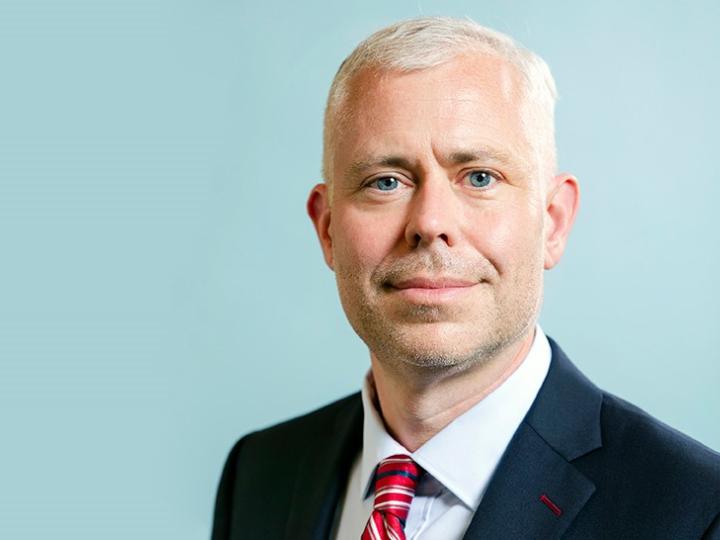Chris Jay Hoofnagle of University of California, Berkeley Center for Law & Technology participated in “Faculty Perspectives,” a series from the Association of American Law Schools (AALS) that presents varying opinions from law faculty on issues within legal education and the legal profession.
Hoofnagle was interviewed on the use of generative AI applications and tools and if universities should develop an official policy on generative AI. UC Berkeley Law is one of the first schools to develop such a policy, which Hoofnagle helped develop.
Below is an excerpt from the interview. The full interview is available on AALS’ website.
In what ways do you foresee students using generative AI as the technology gets better?
CH:?AGI (Artificial Generative Intelligence) is going to be everywhere. It is already present in internet searches. We’ll soon see it implemented in Lexis and Westlaw and anywhere else where complex material needs to be summarized. A ban on this technology is impossible because it will soon find its way into every tool used for research and writing. Just as an example, if you look at the editor tool in Microsoft Word, it is so good now. This is no longer the days of “Clippy” from Microsoft Office. Students are going to get a lift from these technologies in many different areas.
I also think that there are some important caveats. I teach security, so I think about things through threat modeling. The model here is the kind of student who wants to cheat for whatever reason. It will be extraordinarily difficult for schools to deal with students who are determined to cheat.?
ChatGPT’s capabilities are surprising, and students are learning how to use it in advanced ways. For example, some teachers are developing countermeasures such as, “base your response on an argument made in the classroom.” But that countermeasure fails when the student can take the Zoom transcript and dumps it into ChatGPT. ChatGPT-4 will accommodate about 50 pages of text.
Therefore, we have to think about a future where a student could put their entire outline, class textbook, class notes, and maybe even a transcript into ChatGPT and request that the service produce an essay. The threat becomes even more complex because smart users of these tools don’t just ask a question and take the output. The smart way to ask ChatGPT a question is to decompose an issue and ask ChatGPT to write shorter essays about each sub-issue. For instance, if the assignment were to write an argument about metaphor in?Hamlet, you’d ask ChatGPT first, “What are the most important metaphors in Hamlet?” Then you’d subsequently say, “Write me an essay about metaphor one, three and seven.” AGI technologies present a fundamental challenge to assessment.
